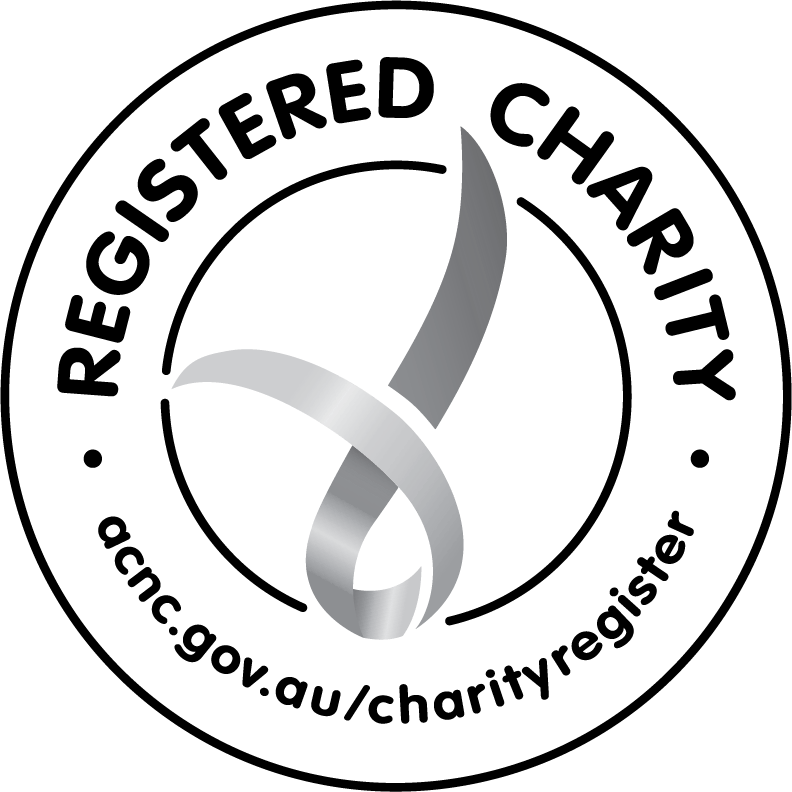In late 2022, the Federal Government commissioned dandolo partners to evaluate the effectiveness of the National School Chaplaincy Program (NSCP). Nearly 12,000 submissions were received from a variety of stakeholders. Submissions were weighted in favour of those who had direct experience with chaplains and chaplaincy such as students and teachers, including stories and examples given.
Overall recommendations were:
· Short term: “as the NSCP continues, explore opportunities to better achieve Australian Government objectives.”
· Medium and long term: “recommend a comprehensive review of the NSCP that considers its role in supporting student wellbeing as a part of the broader operating environment.”
Below is a summary of their six recommendations:
1. that the government should review how the NSCP has changed over time in relation to the changing role that schools play in supporting student wellbeing and how chaplaincy fits in with other student wellbeing supports in order to maximise its effectiveness;
2. that activities outside the scope of chaplaincy be clearly defined so that student wellbeing is the primary focus (including proselytising, counselling and providing educational support not directly supporting student wellbeing);
3. that the government strengthen accountability and oversight mechanisms to reduce risk (eg the role of the principal, wellbeing team and chaplaincy provider) and increase data collection and reporting;
4. that the program be renamed and be opened up to include student wellbeing officers, with the option that schools can employ workers directly;
5. that the funding and employment models be evaluated for effectiveness and efficiency;
6. that the government promote and recognise the significant role that chaplains and student wellbeing officers play in supporting school communities to assist with attracting and maintaining workers in these roles.
The report acknowledges the significant impact and breadth of support that chaplains have been providing to school communities, while also recognising some of the challenges that have been faced by chaplains, chaplaincy providers and school communities.
While this report provides six solid government recommendations — which will guide the future direction of chaplaincy and wellbeing workers in Australian schools — much has still to be decided and documented within new guidelines.
Read the full report here.






